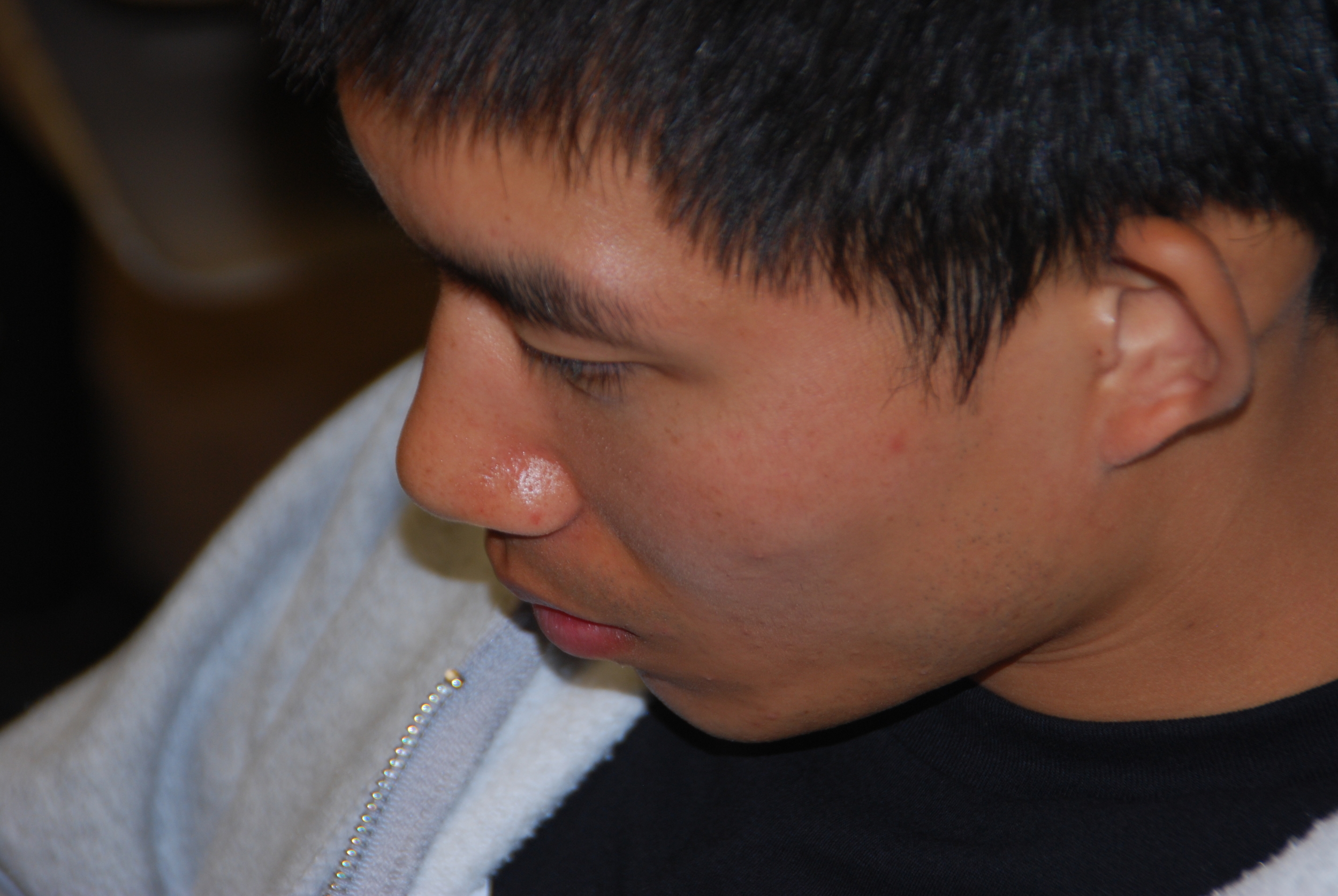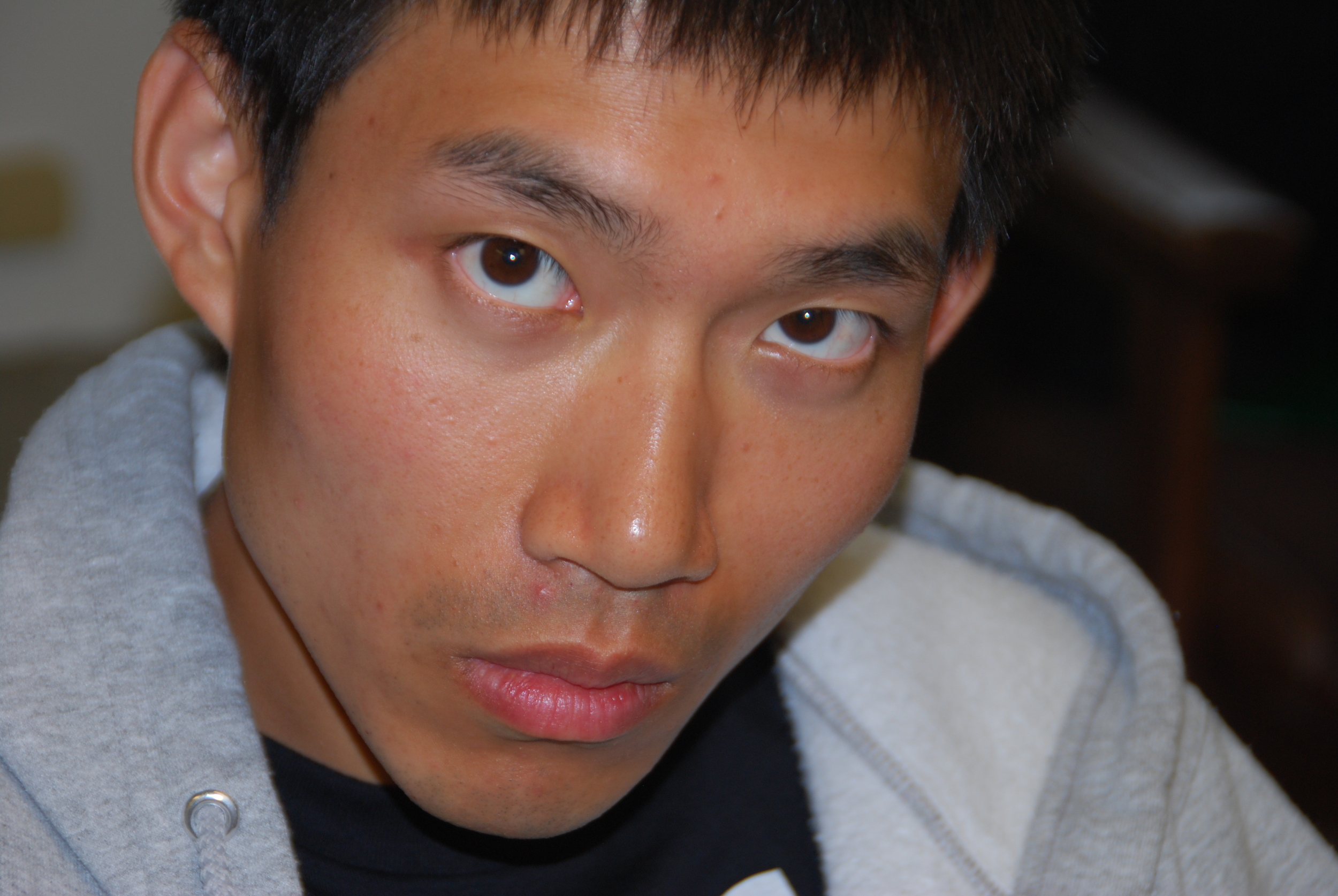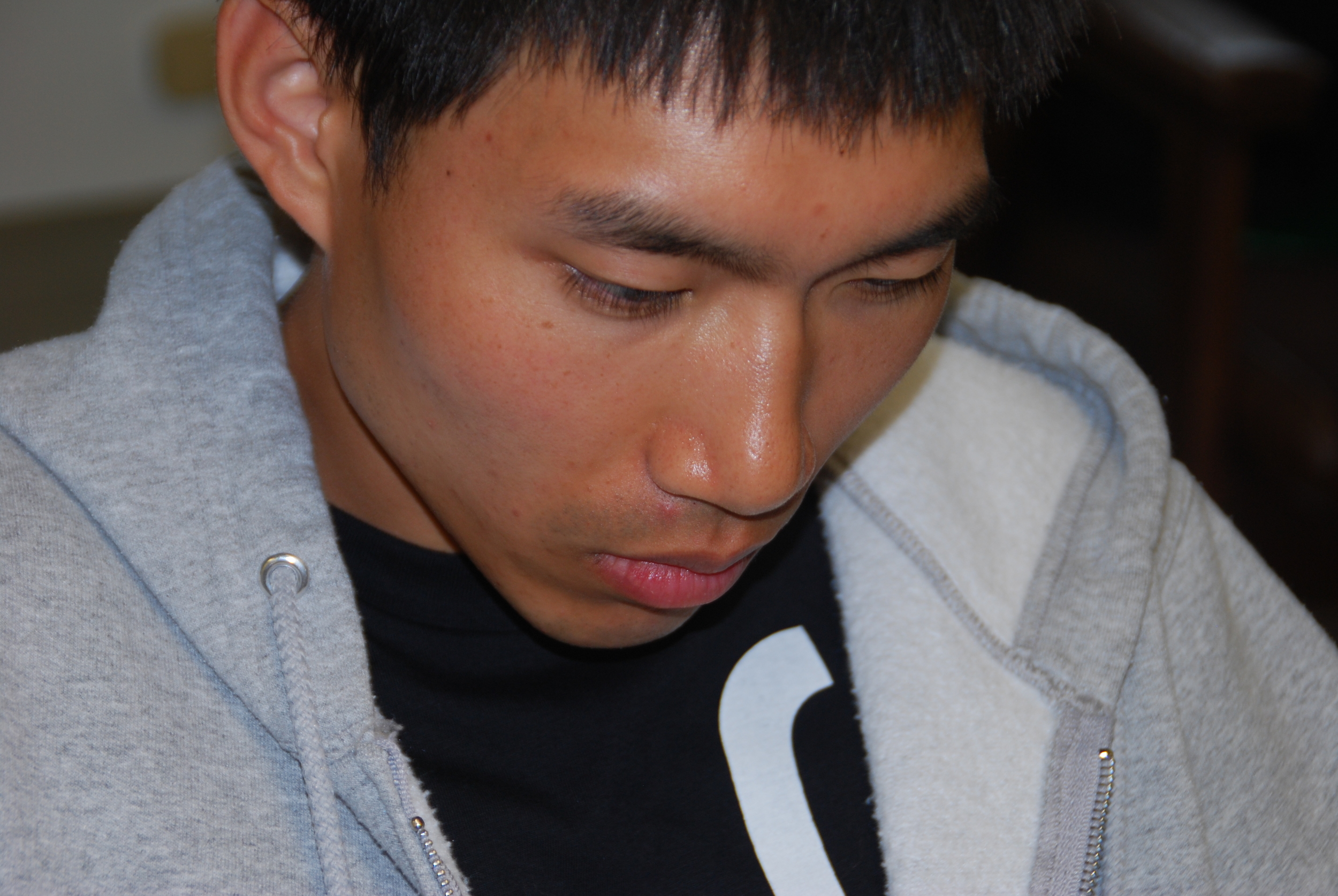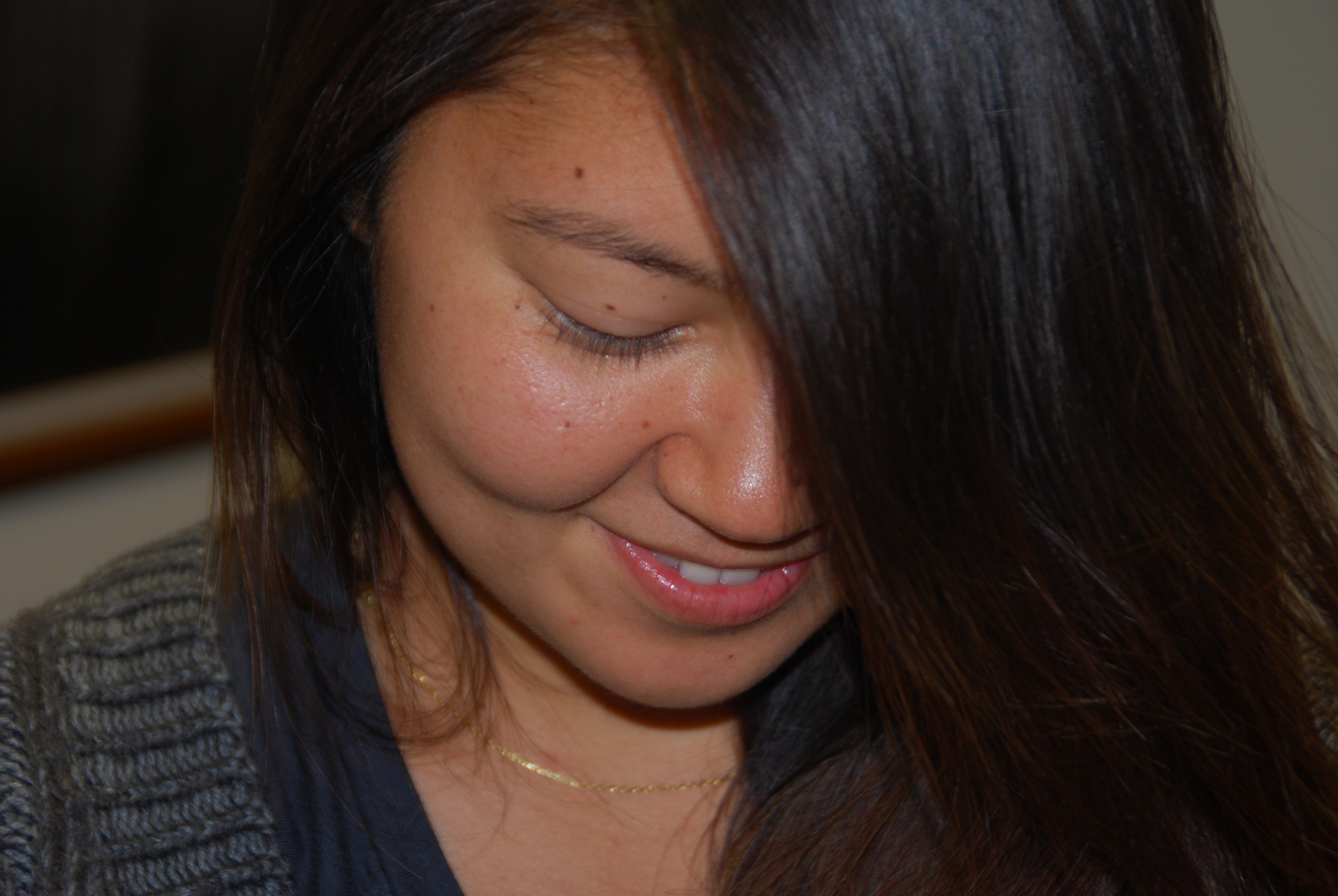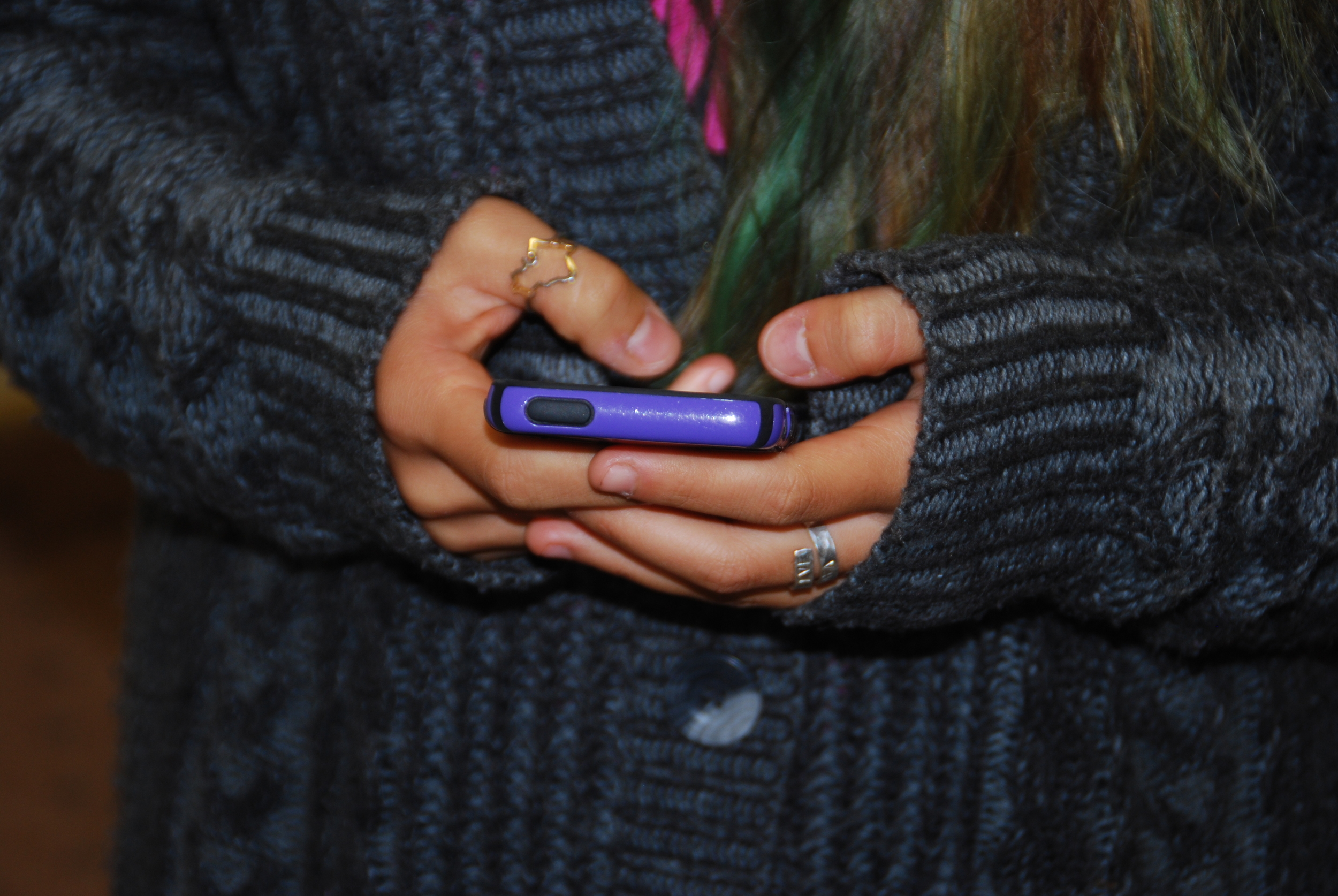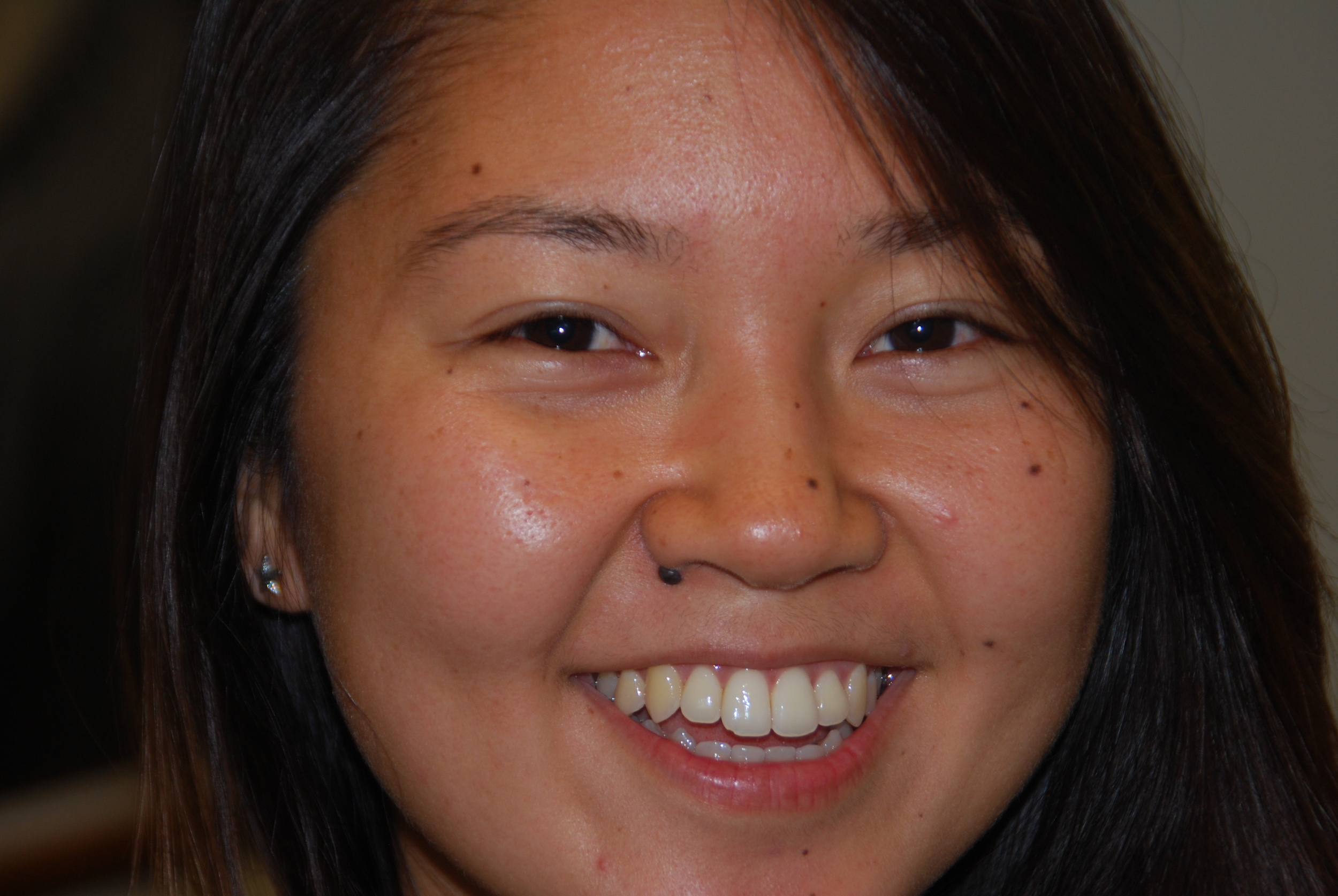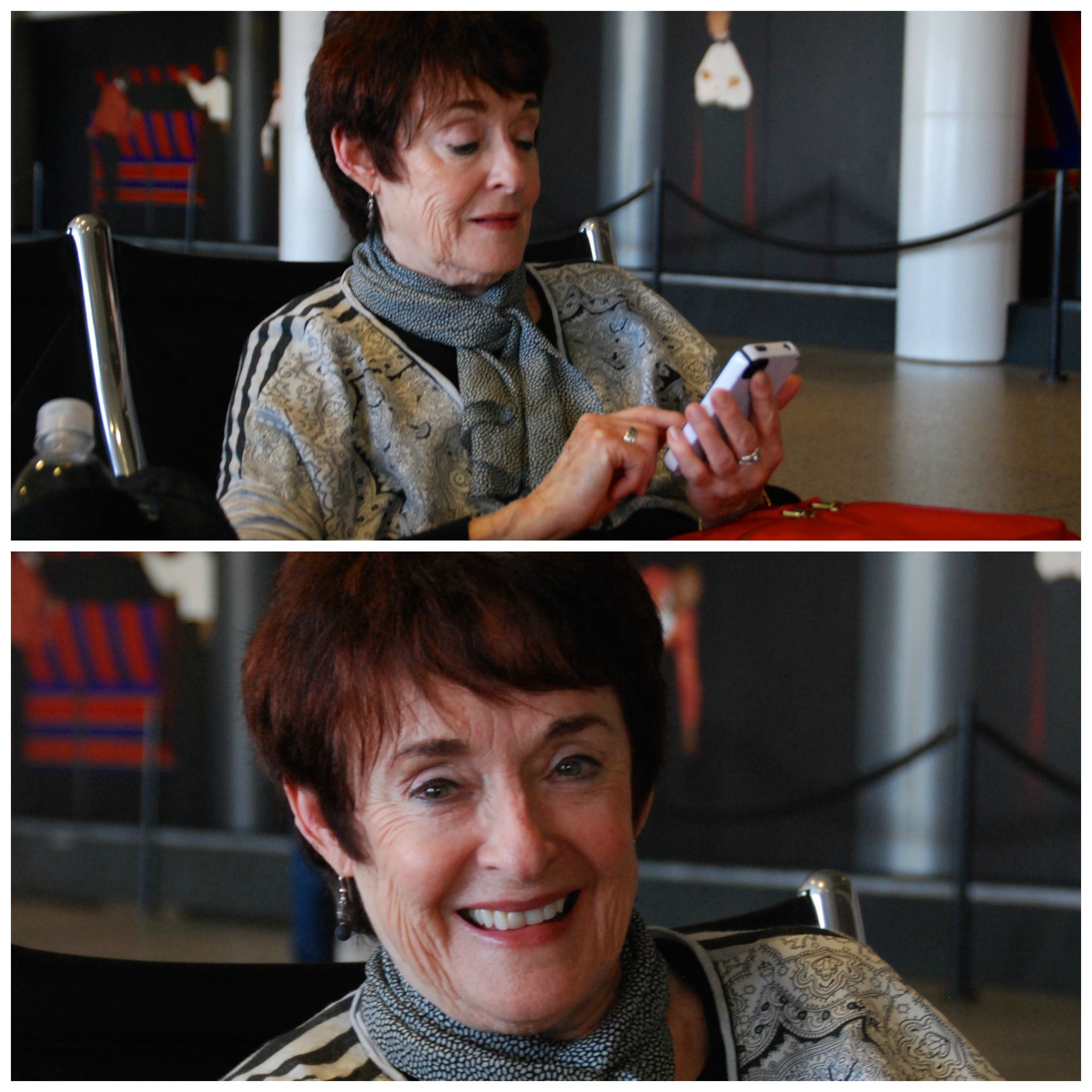Update on the Kickstarter campaign for the documentary "Last Man Fishing"
/‘LAST MAN FISHING’ DOCUMENTARY ASKS IF SMALL-SCALE FISHERIES CAN SURVIVE:
A Kickstarter campaign reaching for the finish line for a powerful new project partnering with Artchange, Inc.
INDIANAPOLIS (FEBRUARY 8, 2016) - Our world’s oceans are in trouble, and that’s a story worth telling. So much so that talented filmmaker and photographer duo JD and Kelley Jordan Schuyler committed two years of traveling coast to coast to uncover the story of our nation’s small-scale fisherman. Now, they’re starting a Kickstarter campaign to help fund remaining production of their documentary, Last Man Fishing.
With 80% of the world’s fish stocks overexploited, a collapse of our ocean’s fish stocks is becoming a serious concern. Large, industrial fisheries and unsustainable fishing practices are the current norm, leaving small-scale fisheries, who provide answers to collapsing fish stocks, fighting to survive. “When we started talking to these women and men, we realized that this is a pivotal time for our fisheries. The question of ‘who will have the right to fish in the future?’ is being decided now.” said director JD Schuyler. “Generations of fishermen in coastal America are disappearing as we speak and it’s time to ask why.”
Centered on the personal stories of fishermen from Alaska to Maine, Last Man Fishing showcases the ways small-scale fishermen have adapted to, struggled in, and are now beginning to remake the seafood system. With gorgeous cinematography and compelling narratives, the film looks at the ways small-scale fishermen have taken on the challenge by working with consumers, chefs, policy makers, and community leaders to forge new systems that enhance the sustainability of the seafood supply chain.
The filmmaking duo is now looking for supporters to join the movement to help secure the livelihoods for small-scale fishermen in the US. Last Man Fishing launches a 30-day Kickstarter campaign on February 8 with a goal of $35,000. With filming currently 50% complete, these funds will help to complete production as well as post-production of the project.
Help tell the Last Man Fishing story:
- Donate to Last Man Fishing Kickstarter!
- Watch the Last Man Fishing trailer
- Find Last Man Fishing on Facebook, Instagram @LastManFishing, and Twitter @LastManFishing to follow the progress and to help spread the word.
CONTACT: KELLEY SCHUYLER
PHONE: 616-558-5096
EMAIL: INFO@LASTMANFISHING.COM
















